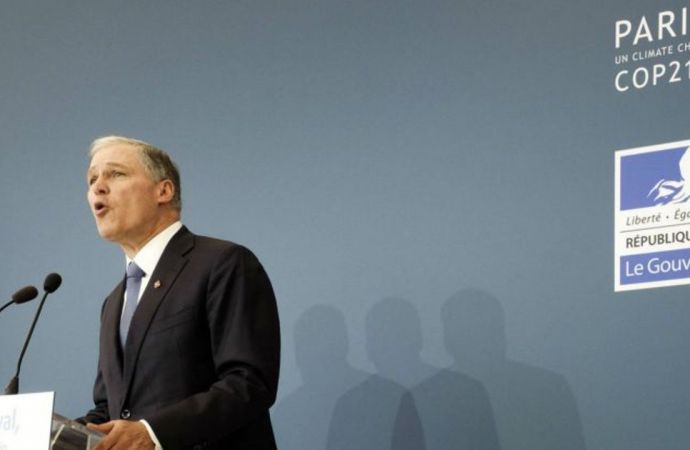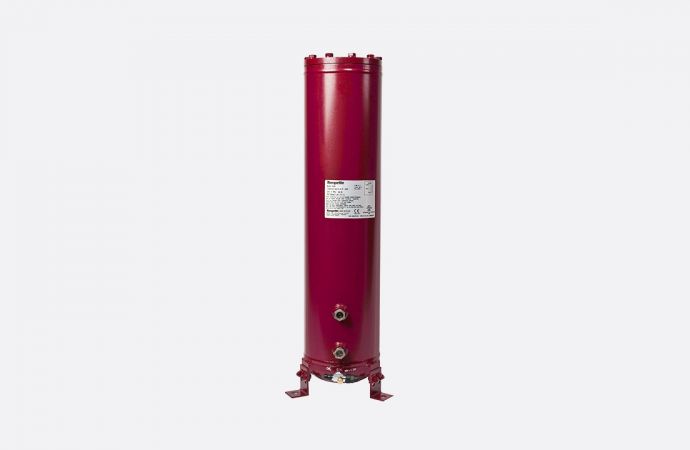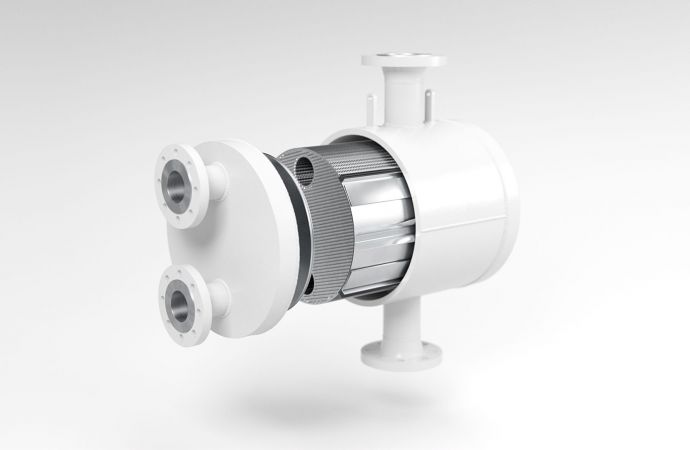New bill is similar to U.S.-leading rules enacted in California, paving way for federal legislation.

Jay Inslee, Governor of Washington state.
Washington (U.S.) state Governor Jay Inslee on May 17 signed a series of environmental bills, including one (HB 1050) addressing HFC reduction that is patterned after California’s aggressive HFC rules.
Sponsored by Democratic State Representative Joe Fitzgibbon, the bill sets a maximum GWP threshold and applies strict regulations for to HFCs. It will reduce the climate impact of HFC refrigerants used in air conditioners by roughly 70% and in commercial refrigeration systems by around 90%. The bill also directs the Department of Ecology to set up a refrigerant management program to safely manage and dispose of HFCs going forward.
The bill mandates that refrigerants used in new air conditioning equipment must have a GWP no higher than 750, and refrigerants used in new refrigeration systems with more than 50lbs of refrigerant must have a GWP no more than 150.
The measure comes into effect on:
- January 1, 2023, for dehumidifiers and room air conditioners
- January 1, 2025, for other types of stationary air conditioning and refrigeration equipment
- January 1, 2026, for systems with variable refrigerant flow (VRFs)
Prior to the regulations, Washington State will also need to update its building codes to the latest safety standards to allow for the use of the alternative refrigerants.
“There are safer alternatives to these chemicals,” said Fitzgibbon in a statement released by Washington State Democrats. “Since we first adopted our standards in 2019, we have seen manufacturers step up to the plate with alternatives, states across the county adopting our legislation, and the U.S. Congress taking bipartisan action to accelerate the transition away from these chemicals.”
“Washington state has cemented its leadership role on HFCs with this bill, which calls for transitioning new cooling systems to more climate-friendly alternatives and makes significant strides toward improving management and disposal of refrigerants,” said Christina Starr, Senior Policy Analyst at the Environmental Investigation Agency. “States have an essential role in advancing US climate action by adopting laws like HB 1050, which supports ambitious federal implementation of the HFC phase-down nationwide.”
The U.S. Congress passed a bill in December of 2020 to require an 85% economy wide phase down of the HFC refrigerant supply over the next 15 years. This will avoid the equivalent of over 4.7 billion metric tons of CO2e by 2050.
“Washington has emerged as a leader in combating HFC emissions and its actions show how states are raising the ambition for federal action,” said Christina Theodoridi, Technical Analyst at the Natural Resources Defense Council. “States have been essential in advancing HFC action and are now carving a clear and ambitious path to not only implement but potentially accelerate the HFC phasedown nationwide.”
The Washington state Legislature first regulated HFCs in 2019.
“There are safer alternatives to these chemicals,”- Joe Fitzgibbon, Washington State Representative
Related stories



